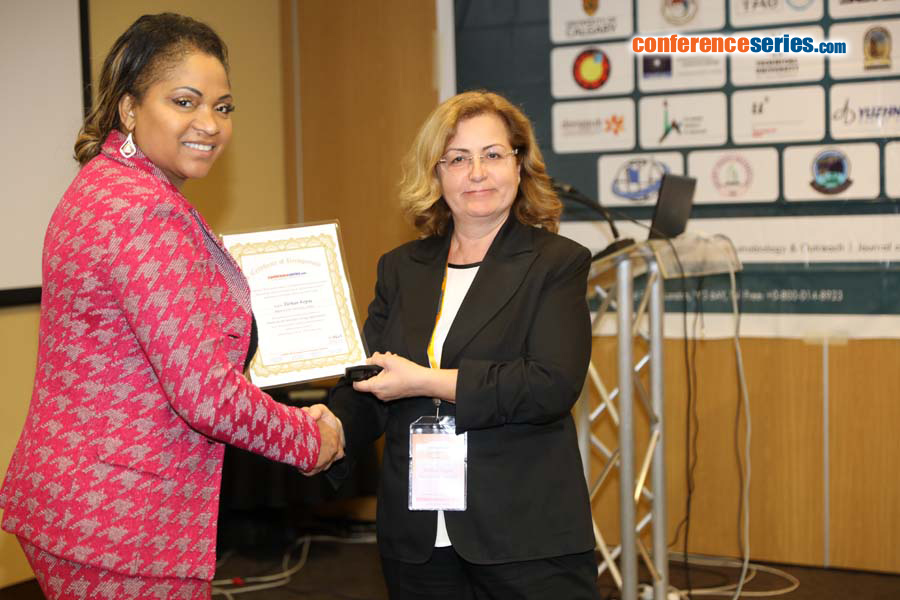
Biography
Biography: Türkan Kopaç
Abstract
The lack of fossil fuel supplies and the environmental concerns related with burning fossil fuels have created the need to look for renewable and cleaner energy resources. Hydrogen has been regarded as an ideal energy carrier, because of higher heat of combustion than gasoline, and emission of cleaner combustion by-products. Hydrogen can be stored by applying various storage techniques, such as compressing, liquefying at very low temperature, adsorption in porous solids, forming metallic and complex hydrides.
Hydrogen storage systems are the subject of several studies searching for the appropriate materials for the applications, and each system has its own advantages and disadvantages. A safe and effective hydrogen storage technique is important for a possible application. Among the various hydrogen storage techniques, adsorption of hydrogen on porous solids has many advantages over the other systems. Porous solids such as, activated carbons, carbon nanostructures, metal–organic frameworks (MOFs), metal-carbon composites are some of the examples studied for hydrogen storage applications. The results of the studies carried out by various materials have shown that the hydrogen storage properties mainly depend on the surface and the structural characteristics of the sorbent materials. Therefore, efforts have been given towards the studies for enhancing the surface characteristics, such as surface area, pore volume of the sorbent material, as well as the interactions between the hydrogen and the surface of the materials.
In recent years, there exists a large number of publications on hydrogen storage applications in literature indicating a great progress in this field. In this contribution an overview of hydrogen storage applications, new materials for hydrogen sorption, limitations, advantages, and current trends will be discussed.



